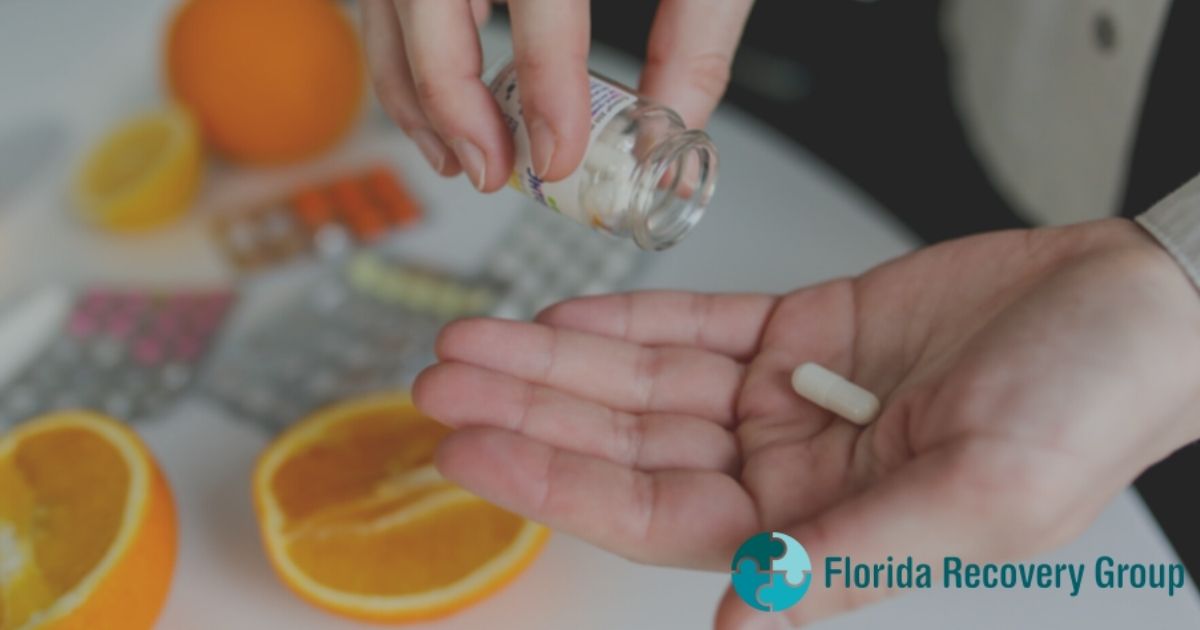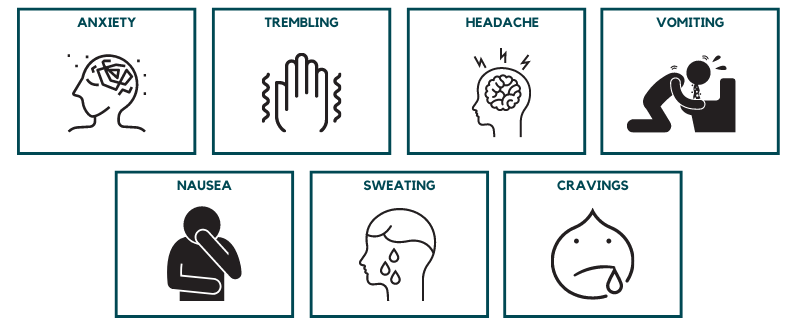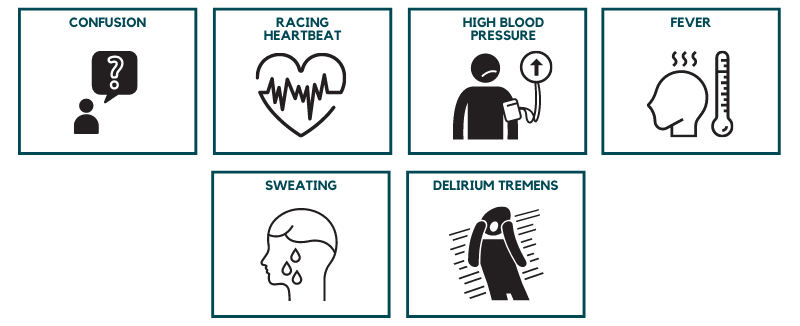
17 Aug How Detox Centers Can Help You Overcome Alcohol Withdrawal
Asking for help with a drinking problem is never easy. Not only are you scared of having to live sober, but you may also be dreading going through withdrawal. Fortunately, our alcohol detox in Delray Beach is equipped with the tools and resources you need to manage your withdrawals and learn to stay sober.
Detoxification is the first step of the recovery process where any and all traces of alcohol are flushed from your body. Since most people who are addicted to alcohol have been drinking for many years, they may experience withdrawal symptoms when they stop drinking. After all, it takes the mind and body time to adapt to living without alcohol. While this process is physically dangerous, it is also extremely mentally taxing. As a result, some people continue drinking even if they don’t want to simply to avoid going into withdrawal.
While some people may be tempted to detox from alcohol at home, doing so is never safe. Alcohol withdrawal is dangerous and potentially fatal, so you should never attempt it alone. Instead, going to an alcohol detox near you is the best option.
Why is Alcohol Withdrawal So Dangerous?
Depending on many factors, such as your age, weight, how much you have been drinking and for how long, and your overall physical and mental health, alcohol withdrawal symptoms may range from minor to severe. Typically, withdrawal symptoms set in as early as 6 hours after a person’s last drink. Early symptoms include:[1]

- Anxiety
- Trembling
- Headache
- Vomiting
- Nausea
- Sweating
- Cravings
These symptoms will slowly increase over the next several days and more serious symptoms may arise after 12-24 hours. People may experience seizures, hallucinations, confusion, and more. While these symptoms are terrifying, the worst symptoms tend to occur between 48 and 72 hours after a person’s last drink. These severe symptoms may include:

- Confusion
- Racing heartbeat
- High blood pressure
- Fever
- Sweating
- Delirium tremens (DTs or vivid hallucinations and delusions)
The combination of these severe symptoms and the mental distress that comes from alcohol cravings are what makes alcohol withdrawal so dangerous. However, it can be safely and effectively treated at an alcohol detox center near you.
How Can Alcohol Detox Centers Help Me?
In order to make the withdrawal process as safe and comfortable as possible, alcohol detox programs in Delray Beach use a variety of different medications to help reduce the painful and dangerous withdrawal symptoms. These medications not only help alleviate withdrawal symptoms, but they help balance vital chemicals in the body that may be otherwise imbalanced as a result of chronic drinking. During treatment, medical professionals will administer these medications and monitor each individual.[2]
Medications for Alcohol Withdrawal Management
![]()
Some medications that are used in medical detox programs for alcohol abuse include:
- Benzodiazepines – Medications such as Xanax, Librium, and Ativan are the most commonly used alcohol withdrawal medications. They help calm the central nervous system to treat insomnia, seizures, anxiety, and muscle spasms. These medications can help ease virtually all alcohol withdrawal symptoms.
- Barbiturates – These medications are similar to benzodiazepines in the way they calm the central nervous system, but are typically used in benzodiazepine-resistant cases of alcohol withdrawal.
- Disulfiram (Antabuse) – This medication inhibits the enzyme that metabolizes alcohol, producing unpleasant effects when combined with alcohol. For this reason, this medication is usually administered 7-10 days after the beginning of detox to help minimize alcohol cravings.
- Naltrexone (Revia or Vivitrol) – Naltrexone is used to treat alcohol abuse because it decreases drinking behaviors and the risk of relapse. However, it does not treat alcohol withdrawal symptoms. People may start Naltrexone between 7-10 days after starting the detox.
- Acamprosate (Campral) – Campral helps restore balance to the central nervous system and reduce cravings and drinking behaviors. Although it does not eliminate withdrawal symptoms, it helps prevent alcohol cravings.
- Antipsychotics – Antipsychotics such as haloperidol may be used in people who suffer from co-occurring disorders or severe seizures.
- Anticonvulsants – May be used during outpatient withdrawal to help manage seizures.
Support and Guidance During The Detox Process
In addition to medication management, the staff is available 24/7 to assist patients throughout the alcohol detox process. They will remain ready to intervene in the event of a medical emergency and ready to provide you with emotional support if needed. While detox facilities are always staffed with medical professionals, our alcohol treatment and detox programs also consist of compassionate counselors and experienced behavioral health technicians who will be by your side every step of the way.
What Happens After Detox?
Completing medical detox is only the first step in overcoming alcoholism. In fact, alcohol use disorder is a chronic and progressive illness that often requires ongoing treatment. After you complete alcohol detox, one of our Delray Beach addiction specialists will meet with you to develop an alcohol treatment program that meets your individual needs.
Through alcohol treatment, you will learn what triggers cause you to drink, which underlying factors drive your alcoholism, and what thought patterns you experience that aren’t healthy. Alternatively, you will also learn how to cope with cravings, work through the root causes of your drinking, and adopt healthier coping mechanisms that will allow you to live sober.
There are two primary types of substance abuse treatment: inpatient and outpatient. Inpatient, or residential rehab, requires patients to live at the treatment facility for the duration of their stay. This is the highest level of alcohol treatment available. Outpatient programs, on the other hand, are a far more flexible option where patients only go to therapy sessions for several hours a week. To determine which alcohol treatment program is best for you, speak with a certified addiction professional today.
Find an Alcohol Detox Near You Today
Whether this is your first time admitting you have a drinking problem or you have previously attended treatment before, we promise to treat you with the utmost dignity and respect. As soon as you arrive at our Delray Beach drug and alcohol rehab facility, you will know that you are in good hands. Between the use of evidence-based therapies and the experience of our trained clinicians, we have the tools and resources you need to get your life back on track.
If you or a loved one is struggling with alcoholism and are ready to take the first step, contact us today to learn more about your alcohol detox options.
References:





